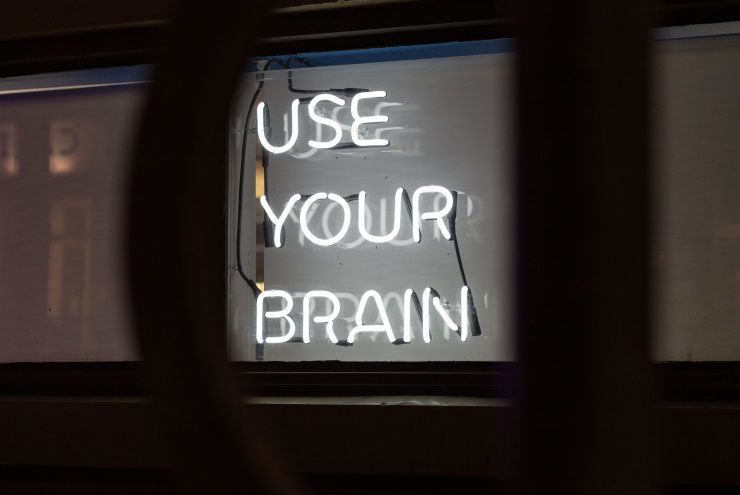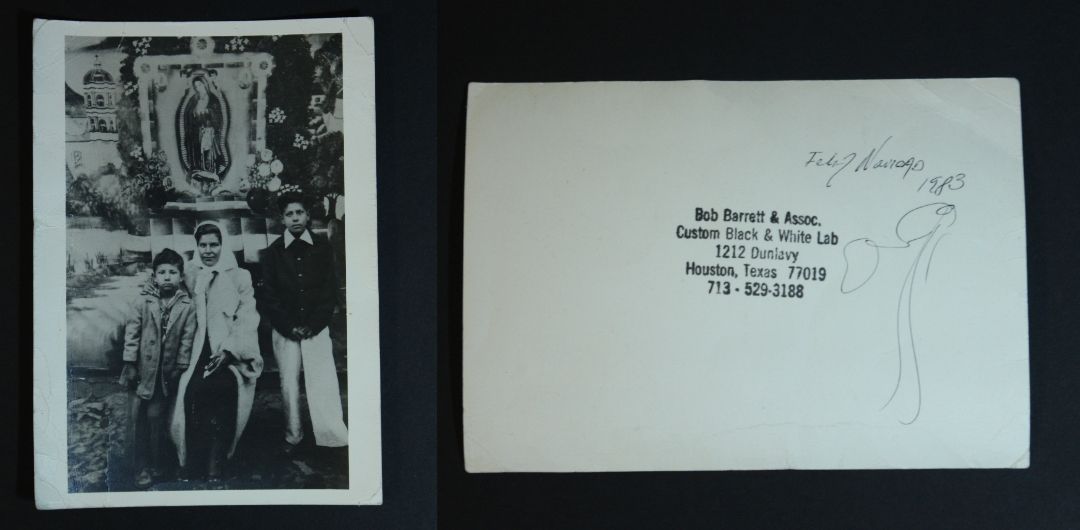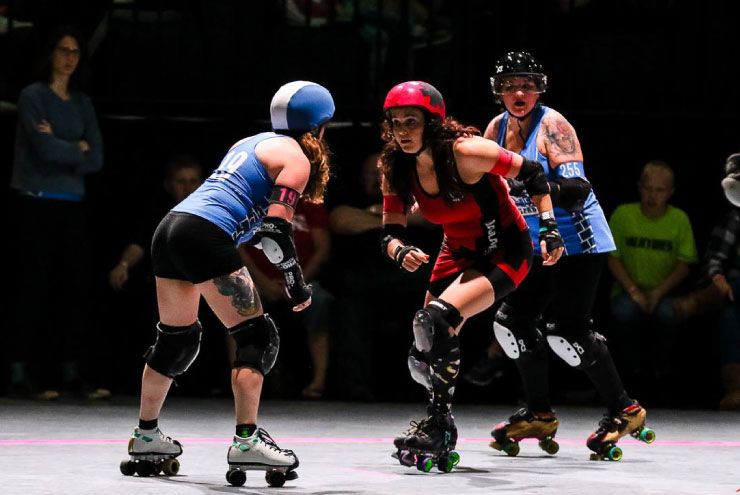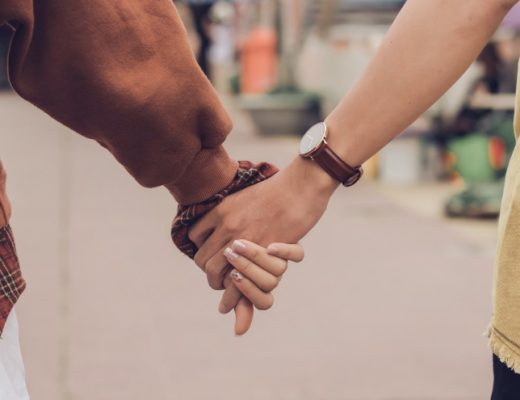By Dr. Laura McGuire
What does it mean “to know?” How do we confirm a belief, or distinguish between bias and truth? As children, we believe what we are told. Our parents, caregivers, communities, and teachers tell us how the world works. We are given plenty of answers but rarely feel empowered to question them. As queer people, many of us were told that we didn’t have the option to be who we are—either explicitly or through the omission of our identities in conversation.
As we grow and mature, however, things begin to unravel. This is why, as a teacher, I most enjoy working with students who are between the ages of 13 and 19. The teenage years present a unique span of time, one ripe for seeding new ideas and questioning the ways in which we previously saw the world. Students begin to see themselves as individuals independent from their parents and friends. Identity formation (and questioning the identities we are assigned) becomes a journey that each person must embark upon. The question of “who am I?” can take many forms: What is my personal aesthetic? What kind of interests do I actually enjoy? Who do I want to become? For LGBTQ youth, this also means asking the hardest questions of all: Who do I love? Who can I be attracted to? How do I connect to my own body? So many of these questions require the emotional labor of unlearning—realizing and acknowledging that, while we “learned” the world and ourselves to be one way, that might not be the whole truth.
After our teen years, this journey continues to unfold. We learn who we are at work, with roommates, as sole providers, as partners, and as parents. Through these experiences, we come to understand ourselves more completely and to realize that those around us—people we thought we knew—are more complex than we originally thought. Our friends grow up to be different people, sometimes evolving into people we no longer care to know. As we become employees, partners, and parents ourselves, we see our family members in new ways. The realization of just how hard it is to be yourself in a world that always wants to assign you a specific label and role can take us by surprise. Who are these seemingly one-dimensional family members after all? What were their hopes and dreams? What brought them to where they are today? What parts of themselves have they bottled up and left on the shelf of self-actualization?
Unlearning is no easy task, but it is a precious one. The journey to being the queer, non-binary person I am has been hard won. It has come with a hefty price tag—job opportunities, family connections, and friendships have been lost. The time and therapy it takes to make peace with yourself in a world that says you don’t exist is exhausting. The hardest part is how it doesn’t end; instead, it evolves across a lifespan. Coming out as a single and free young person is one thing—coming out to the PTA members at your kid’s school, or to your retirement community nurses and staff, is another. By unlearning the narratives we were taught about sexuality and gender for ourselves, we re-teach these truths to those around us as well.
We come into this world with two assumptions placed upon us: our gender and the belief that we are guaranteed to be heterosexual. We grow up with compulsory heterosexuality, thinking that to love and to be loved means to be straight. As infants, we are color coded and indoctrinated into cis-normativity and the thinking that whatever gender we are assigned is absolute truth. As challenging as it can be to realize that these are not always our truths, we also have an incredible gift in being a queer person forced to unlearn these assumptions. By unlearning what we have been told about sexuality, gender, and love, we are open to unlearning so much more. Through studying the history of gender, we discover that colonization has robbed us of so many truths. When we begin to expand our ideas about sexuality, we also start to see a beauty in intimacy and desire that is far beyond reproduction. Our unlearning becomes our strength and a gift we share with the world.
As we enter this new school year, may we remember that the school of life is never out of session. We can and shall continue to learn and grow as people and communities, seeing old truths in new light and connecting in deeper ways. Knowledge is power and unlearning is the surest path to growth.







